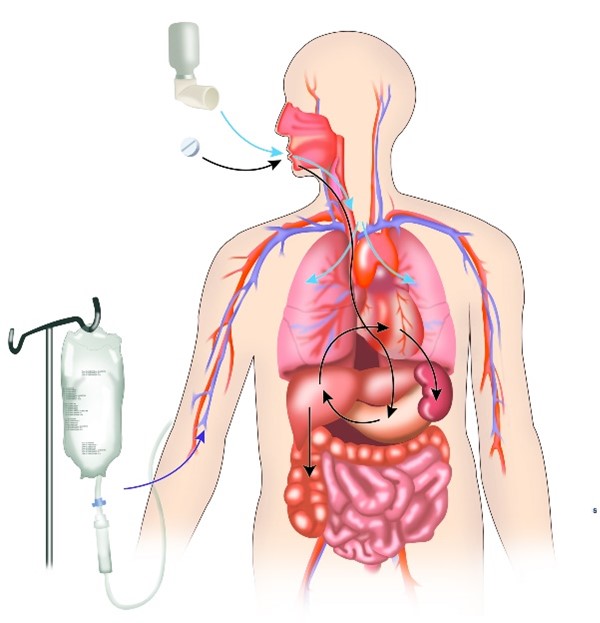
Have you ever wondered what happens inside your body when you take a medicine? An area of pharmacology called pharmacokinetics is the study of precisely that. Here, we follow a medicine as it enters the body, finds its therapeutic target (also called the active site), and then eventually leaves the body.
To begin, a person takes or is given a dose of medicine by a particular route of administration, such as by mouth (oral); through the skin (topical), mucous membranes
(nasal), or lungs (inhaled); or through a needle into a muscle (intramuscular) or into a vein (intravenous). Sometimes medicines can be administered right where they’re needed, like a topical antibiotic ointment on a scrape, but most medicines need to enter the blood to reach their therapeutic target and be effective. Those are the ones we’ll continue following, using the common pharmacokinetic acronym ADME:
- Absorption: The body absorbs the medicine from its administration point into the blood stream. The amount absorbed varies depending on the route of administration and the medicine’s molecular properties. Pharmacologists determine the bioavailability of a medicine, or the percentage of the administered dose that gets into the blood. The lower the bioavailability, the less medicine enters the blood, and thus eventually reaches the therapeutic target, than was administered.
- Distribution: Once the medicine is in the bloodstream, the blood distributes it throughout the body. Blood permeates all the body’s organs, so the medicine reaches all of them—but that isn’t always ideal for a medicine that needs to act only in a specific site. Sometimes pharmacologists can alter the chemical makeup of a molecule to make it more likely to reach the therapeutic target, whether that’s a specific protein, tissue, or organ.
- Metabolism: The body sees medicines as foreign substances that need to be removed, and to help with that process, it can metabolize—or change the chemical structure of—the medicine. Most metabolism occurs via enzymes in the liver that make the medicine more water soluble, but it can also occur in the intestines, skin, kidneys, lungs, or blood. Metabolism usually inactivates a medicine, so pharmacologists try to block that from happening to keep the active medicine around longer. Alternatively, they can exploit these enzymes by designing drugs to be administered in an inactive form that the metabolic enzymes will then activate.
- Excretion: Most medicines leave the body through the kidneys filtering them and their metabolites out of blood and into urine. Some are excreted into other bodily fluids like bile, sweat, saliva, or milk. Pharmacologists study how the body eliminates medicines through a combination of metabolism and excretion, a process called clearance. Understanding what organs are responsible for clearing a medicine is especially important when doctors are prescribing medications to patients with kidney or liver disfunction.
Pharmacologists determine how the body acts on medicines under a variety of conditions before clinicians ever prescribe them to patients. Data from pharmacologists allows clinicians to choose the appropriate medicine, dose, and route of administration for their patients.

Find the teaching activity that corresponds with this post in our Educator’s Corner.


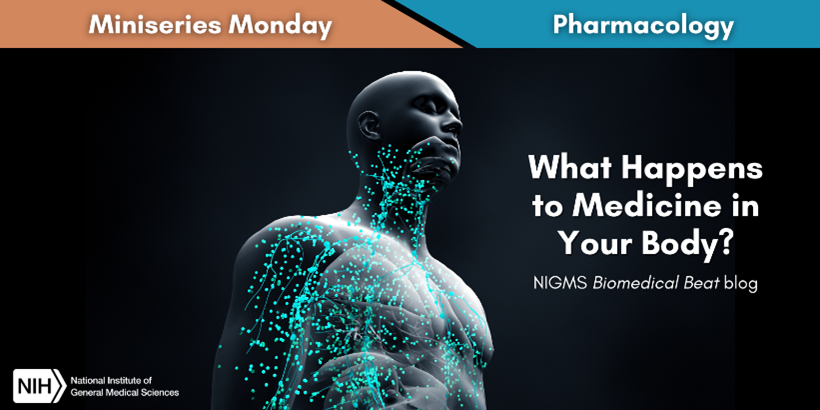

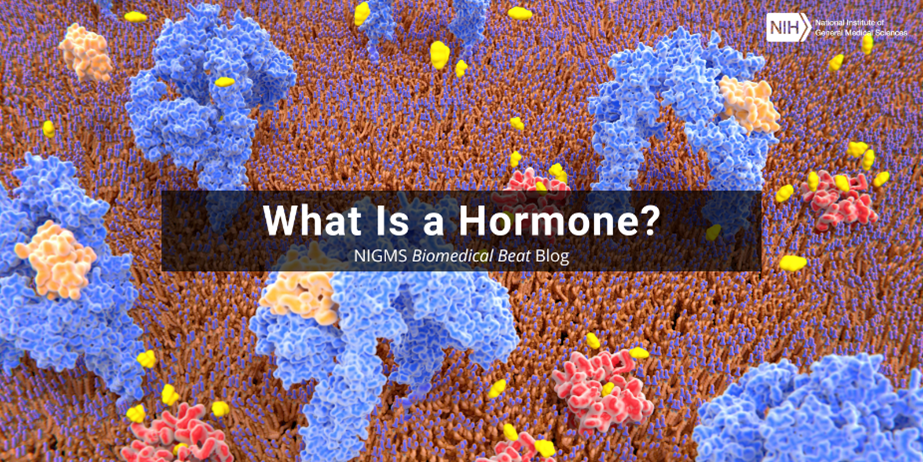

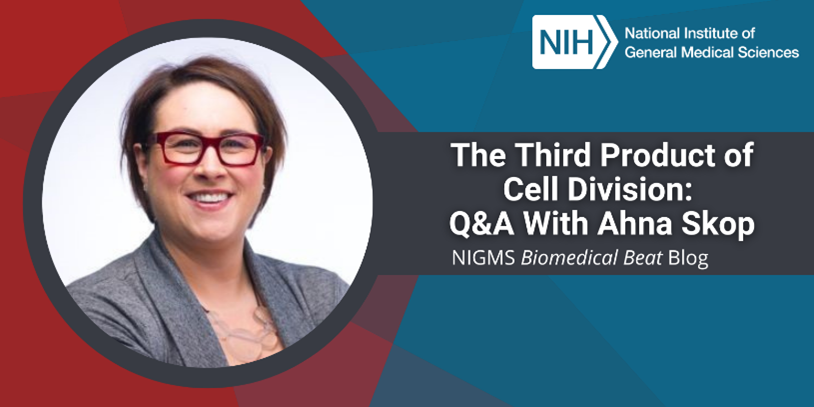
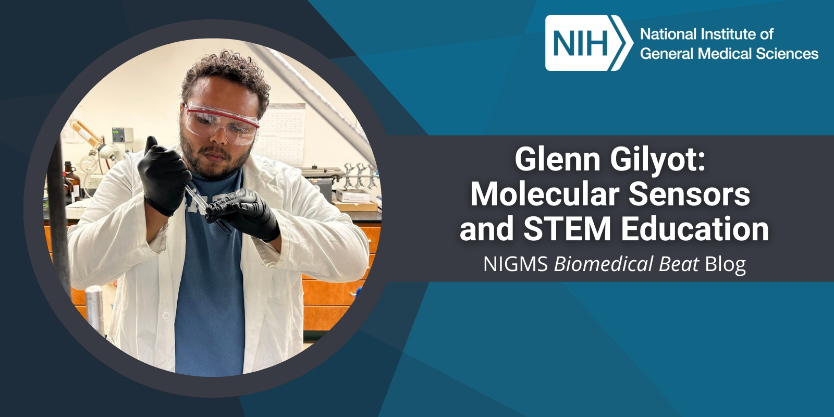
VERY INFORMATIVE.